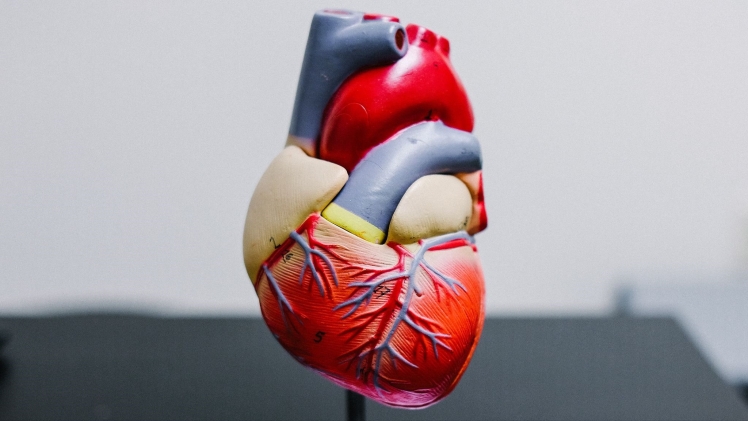Coeliac disease is a medical condition that impacts the digestive system. It is caused by an autoimmune response to gluten, which is found in wheat, barley, and rye. When someone with coeliac disease consumes gluten, their immune system responds by damaging the lining of their small intestine. This can lead to a variety of symptoms, both gastrointestinal and non-gastrointestinal.
What is Coeliac Disease?
Coeliac disease is an autoimmune condition in which the body’s immune system overreacts to gluten, a protein found in wheat, barley, and rye. As mentioned, somebody with coeliac disease who consumes gluten-containing foods will see their body create antibodies that attack the small intestine. This leads to inflammation and damage to the villi – the tiny, finger-like protrusions that line the small intestine and help with nutrient absorption.
How Does it Impact the Body?
The damage to the villi can lead to a variety of symptoms such as abdominal pain, nausea, diarrhoea, fatigue, bloating, and constipation. There are also non-gastrointestinal symptoms such as joint pain, headaches, and anemia. Coeliac disease can also negatively impact the absorption of essential nutrients such as iron, calcium and folate.
Long-term complications of coeliac disease can include osteoporosis, infertility, type 1 diabetes, multiple sclerosis (MS), and other autoimmune diseases. It is important to note that coeliac disease can cause serious long-term complications if untreated, such as malnutrition and intestinal damage. A diagnosis of coeliac disease requires a strict gluten-free diet for life. Following this diet allows the small intestine villi to heal and prevent further damage from occurring.
What are the Symptoms of Coeliac Disease?
The most common symptoms of coeliac disease are gastrointestinal in nature, with some people experiencing more obvious signs than others. These can include bloating, abdominal pain, diarrhoea and constipation, vomiting and weight loss. Unrelated to the digestive system but still related to coeliac disease are tiredness and fatigue, anaemia due to a lack of vitamin B12, depression, and anxiety.
How is Coeliac Disease Diagnosed?
If you have the above symptoms or a family history of coeliac disease then your doctor will test for it, usually through blood tests that look for specific antibodies. If these are present, a biopsy of the small intestine may be needed to confirm the diagnosis.
Once diagnosed, the only way to manage coeliac disease is through a strict gluten-free diet. This means avoiding foods that contain wheat, barley, or rye and some processed foods where gluten can be found as an ingredient such as soups, sauces, salad dressings and even beer. It’s important to read labels carefully and watch out for hidden sources of gluten. People with coeliac disease may also need to take supplements to replace vitamins and minerals lost due to malabsorption.
The good news is that once following a strict gluten-free diet, the symptoms should subside and the immune system will start to heal itself. This can take up to a year, depending on the individual. The best way to ensure that you are following a gluten-free diet is to work with a nutritionist or dietitian who can provide advice and help create meal plans with safe, gluten-free options.
As well as traditional treatments, doctors may also recommend naturopaths in the Central Coast or other forms of holistic health practitioners, who may be able to provide additional support and advice.
It’s important to remember with coeliac disease that there is no cure – it is a lifelong condition. However, by following a strict gluten-free diet, the symptoms can be managed and those living with coeliac disease can lead normal lives.

